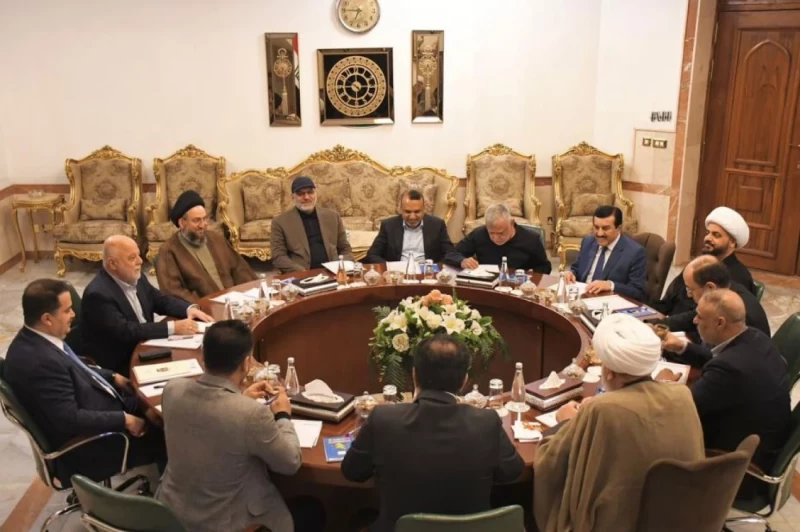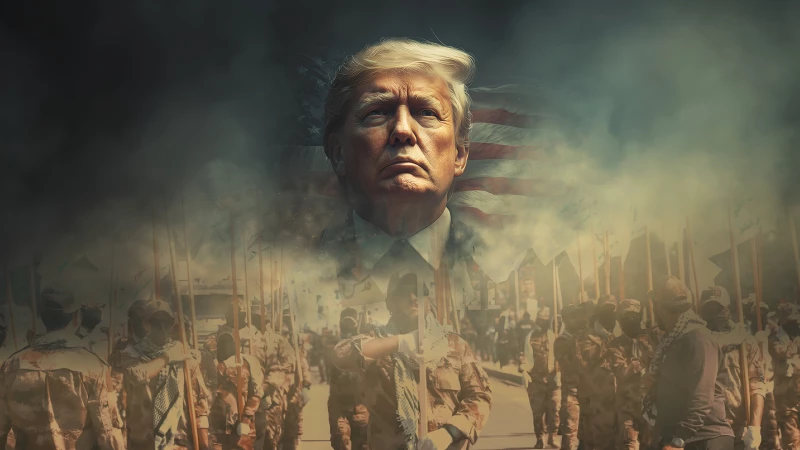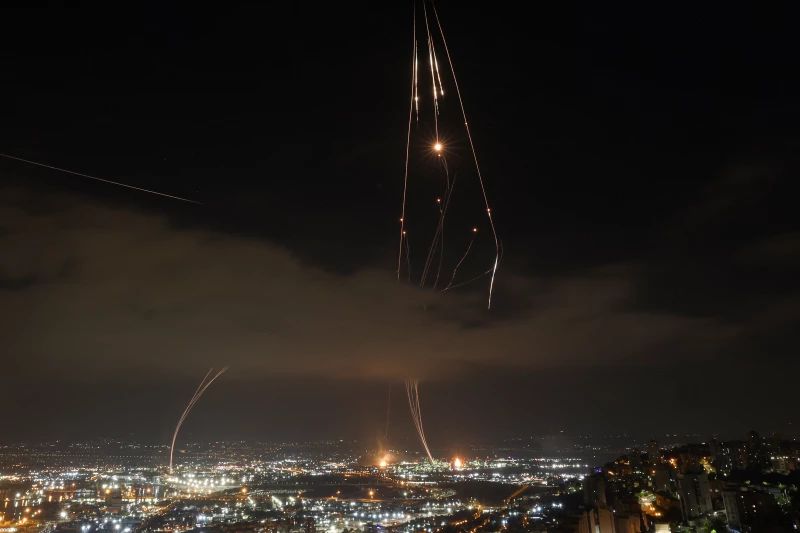LONDON, United Kingdom - As a third round of nuclear negotiations between Iran and the United States is to unfold in the Omani capital on Saturday, expectations for a breakthrough remain cautious and tempered.
Following the first two rounds, both the United States and the Islamic republic struck notably positive tones, underscoring a more diplomatic atmosphere in the dynamics between the two rivals. This contrasts sharply with the fiery rhetoric and military threats in the run-up to the negotiations—signaling a deliberate pivot toward keeping diplomacy front and center.
JCPOA ghosts haunting Muscat
Despite the general optimism, the central issues that doomed the 2015 Joint Comprehensive Plan of Action (JCPOA) remain entrenched.
At the heart of the negotiations are two critical sticking points: uranium enrichment and the future of US commitment.
The United States continues to push Iran to halt its uranium enrichment beyond civilian-use levels, demanding that Tehran ships its stockpile of 60 percent-enriched uranium to a third country.
According to the UN nuclear watchdog, Iran currently holds over 8,000 kilograms of enriched uranium, of which 274.8 kilograms is at 60 percent purity—far surpassing the JCPOA's limits. Still, Tehran insists that those nuclear activities are peaceful and that it has no intention of pursuing a weapons program.
Tehran also argues that its high-level enrichment is a direct response to the US withdrawal from the nuclear deal in 2018, viewing its growing stockpile as strategic leverage to deter potential American pull-outs.
The second hurdle lies in Iran's demand for credible guarantees from the United States that it will not unilaterally abandon future agreements—especially given President Donald Trump's history with the JCPOA.
As Iranian Deputy Foreign Minister Kazem Gharibabadi reiterated during a TV discussion program this week, such a guarantee as well as full sanctions relief are non-negotiable conditions Iran is strictly adhering to.
Assurances of the sort, however, could be challenging for the US government as it has to navigate structural limitations within the American political system—not to mention President Trump's characteristic reluctance to offer concessions to adversaries.
Adding complexity to the talks is the controversy surrounding US leading negotiator and envoy to the Middle East, Steve Witkoff, whose diplomatic credentials have come under questioning by critics, especially against the backdrop of his mixed track record in handling crises including in Ukraine and Gaza. Witkoff's leadership has already faced fire from hardline factions in both the US and Israel, with the latter expressing deep skepticism about any potential deal resembling the JCPOA, the very accord from which Trump withdrew the US in 2018.
Israel's influence also continues to remain a major external factor. Only a day before the Rome talks, Witkoff met secretly with senior Israeli officials, including Mossad's chief, David Barnea, and Strategic Affairs Minister Ron Dermer, according to the Axios news website. Also on Tuesday, Trump engaged in a phone conversation with Prime Minister Benjamin Netanyahu to discuss an array of issues, including Iran.
“The call went very well—We are on the same side of every issue,” Trump declared on his Truth social media platform shortly after the exchange.
For Israel, any concession to Tehran in the nuclear talks is seen as a threat to its security, particularly in light of Iran's support for anti-Israeli regional proxies such as Hezbollah, Hamas, and the Houthis in Yemen.
Yet despite the pressures and deep political divides, both Iran and the US are set to continue the talks at the expert level. This could be interpreted as indication that the two might have already agreed on the fundamental frameworks. On Monday, Trump told reporters at a White House Easter ceremony that negotiations with Iran have been “very good” so far.
Tehran’s battle for narrative supremacy
As the talks unfold, a significant clash of narratives is playing out, with Iran working hard to maintain control over the media reports surrounding the negotiations and spin the story its own way.
Tehran has been largely successful in framing the talks as a matter of national pride and sovereignty as opposed to humiliation and betrayal of its own ideological tenets.
Such a rhetoric management has garnered Iran some goodwill, especially in the face of growing international criticism of Washington's past behavior and its perceived failure to honor international accords.
In contrast, the US continues to emphasize the need for transparency, verification, and the dismantling of Iran's nuclear ambitions.
The next round will likely remain entangled in those thorny questions: what kind of enrichment limits are acceptable to the US, what sanctions relief will be granted to Iran, and how to verify compliance on both sides.
Iranian President Masoud Pezeshkian noted in a speech on Monday that Iran favors dialogue, but only on an equal basis. He warned that any “bullying” on the part of the US will make Iran walk away and pursue its own path.
Lure of a lucrative deal
For Tehran, any discussions about restricting its nuclear program remain closely tied to the full removal of sanctions, success in which will require significant diplomatic mastery and persuasion skills in the face of a Trump-led administration.
Iran's foreign minister and chief nuclear negotiator Abbas Araghchi is already testing the waters for that very purpose.
On Monday, he released the text of a speech he had prepared to address the Carnegie International Nuclear Policy Conference, even though the event was canceled due to what the institute blamed on the Iranian side's push to change the format.
Utilizing public diplomacy, Araghchi published the full version on his X account, where he framed Iran as a responsible nuclear actor, underscoring its commitment to regional stability and non-proliferation.
More noticeably, he appeared to be tempting Trump into an appealing business deal too good to ignore. In it, Araghchi highlighted flashing opportunities for cooperation in Iran's civilian nuclear sector—a multi-billion-dollar opportunity “up for grabs.”
The lucrative deal, Araghchi argued, would even help revive the worn-out American nuclear industry, only if the US nods to Iran's conditions for sanctions relief—without the distraction of regional security matters.
Whether or not Araghchi's offer would attract Trump's business-oriented mindset remains unknown.
But for an Iranian government grappling with countless crises both at home and at the global stage, generosity is perhaps at least one temporary resort—an exit ramp from its desperate times, a charm to ease the chokehold.

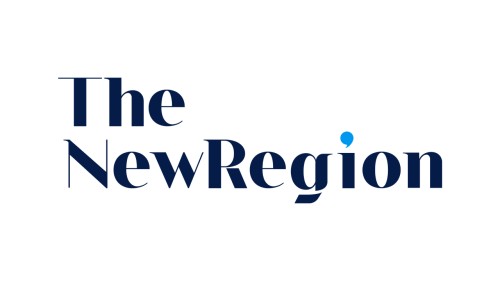
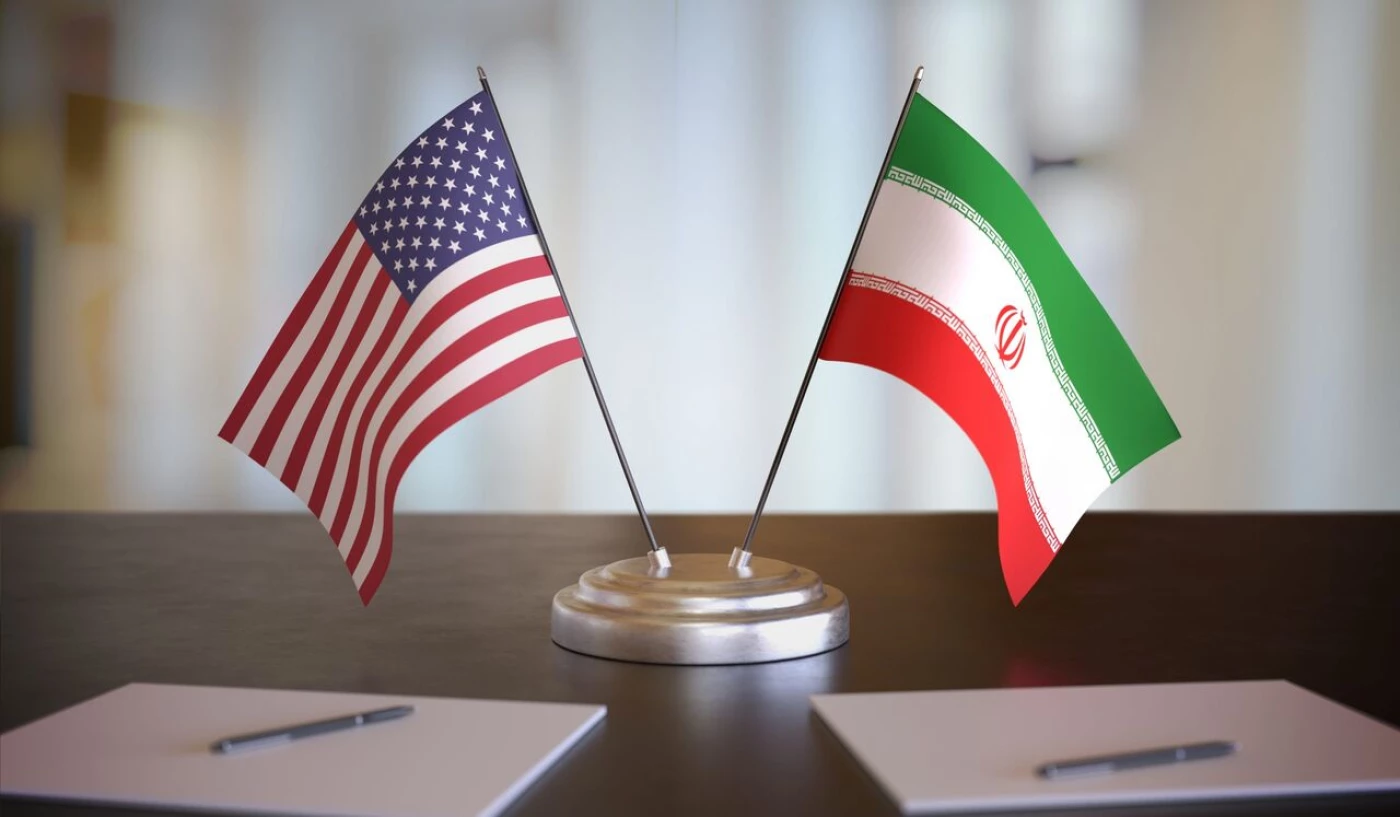
 Facebook
Facebook
 LinkedIn
LinkedIn
 Telegram
Telegram
 X
X
